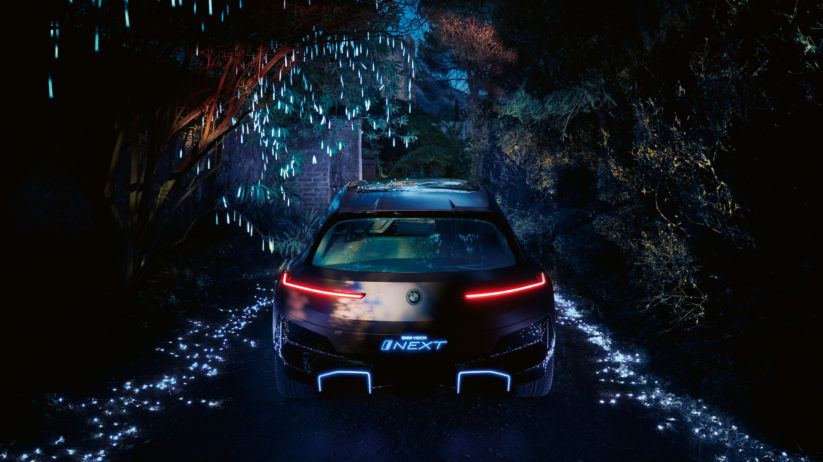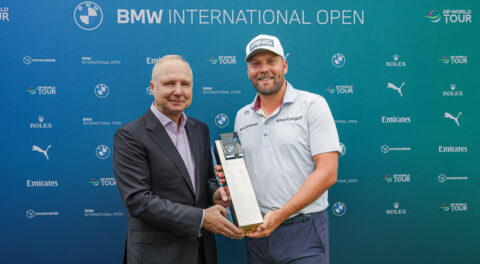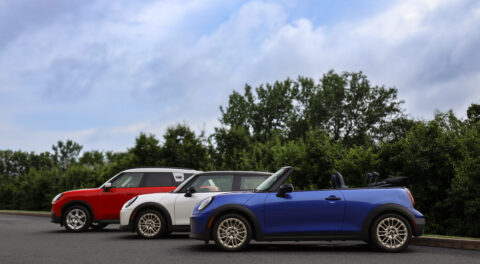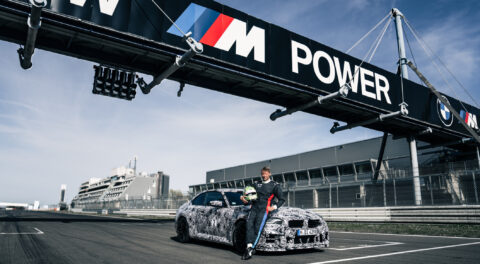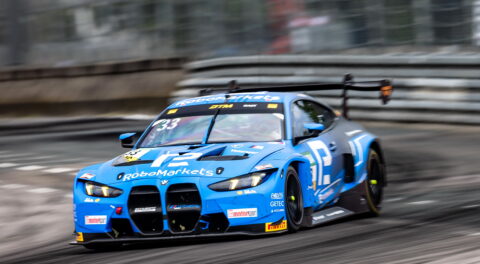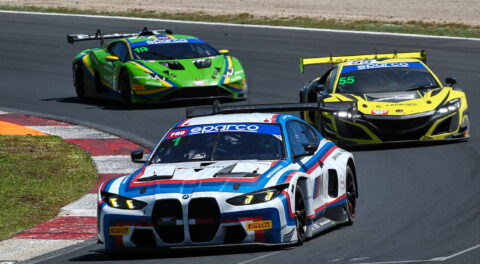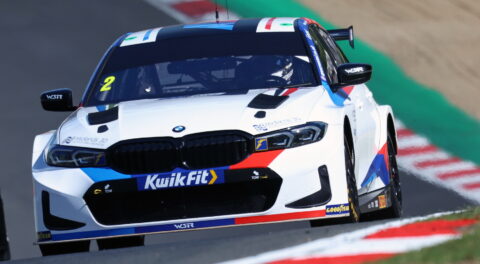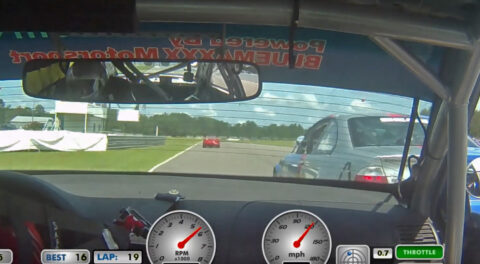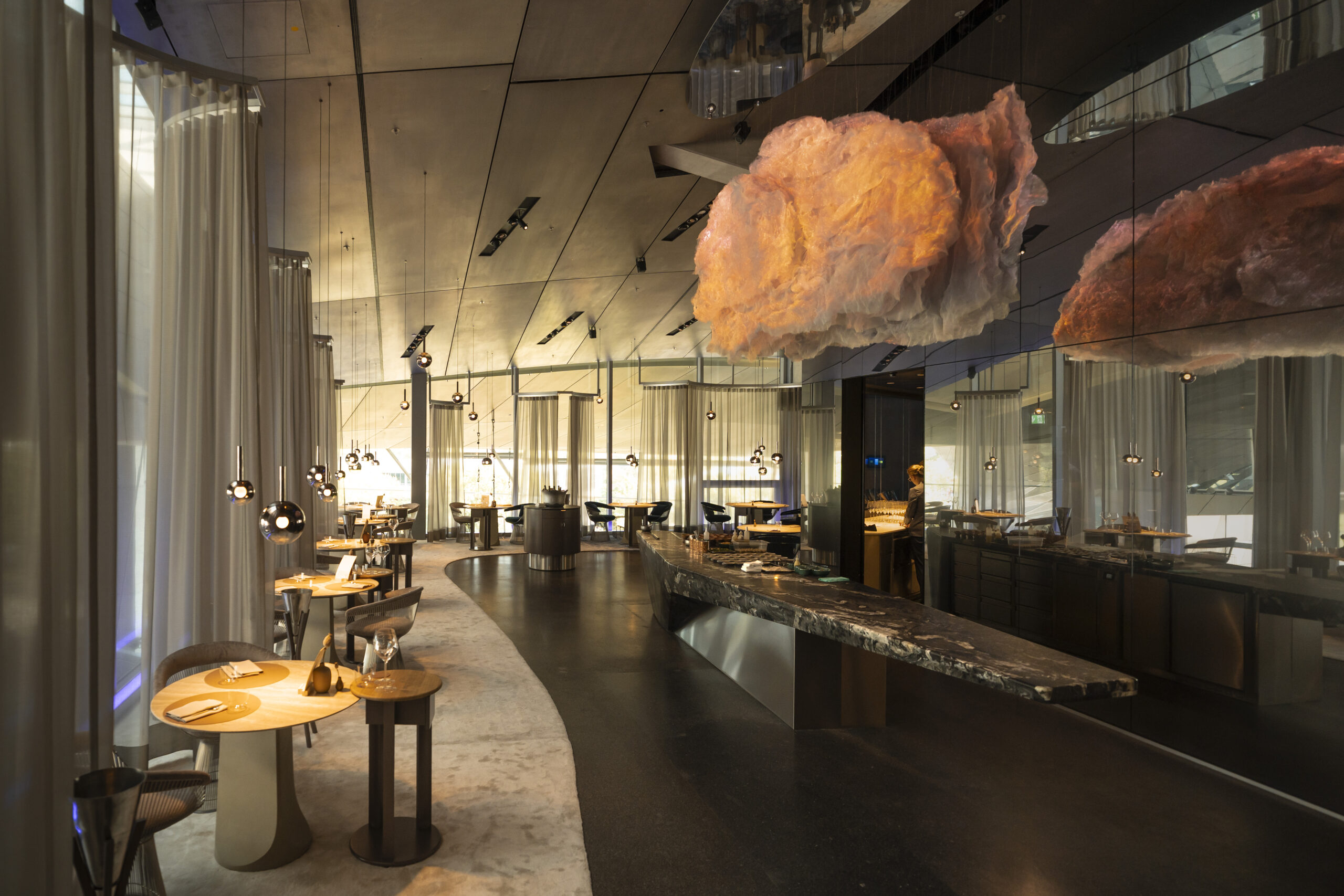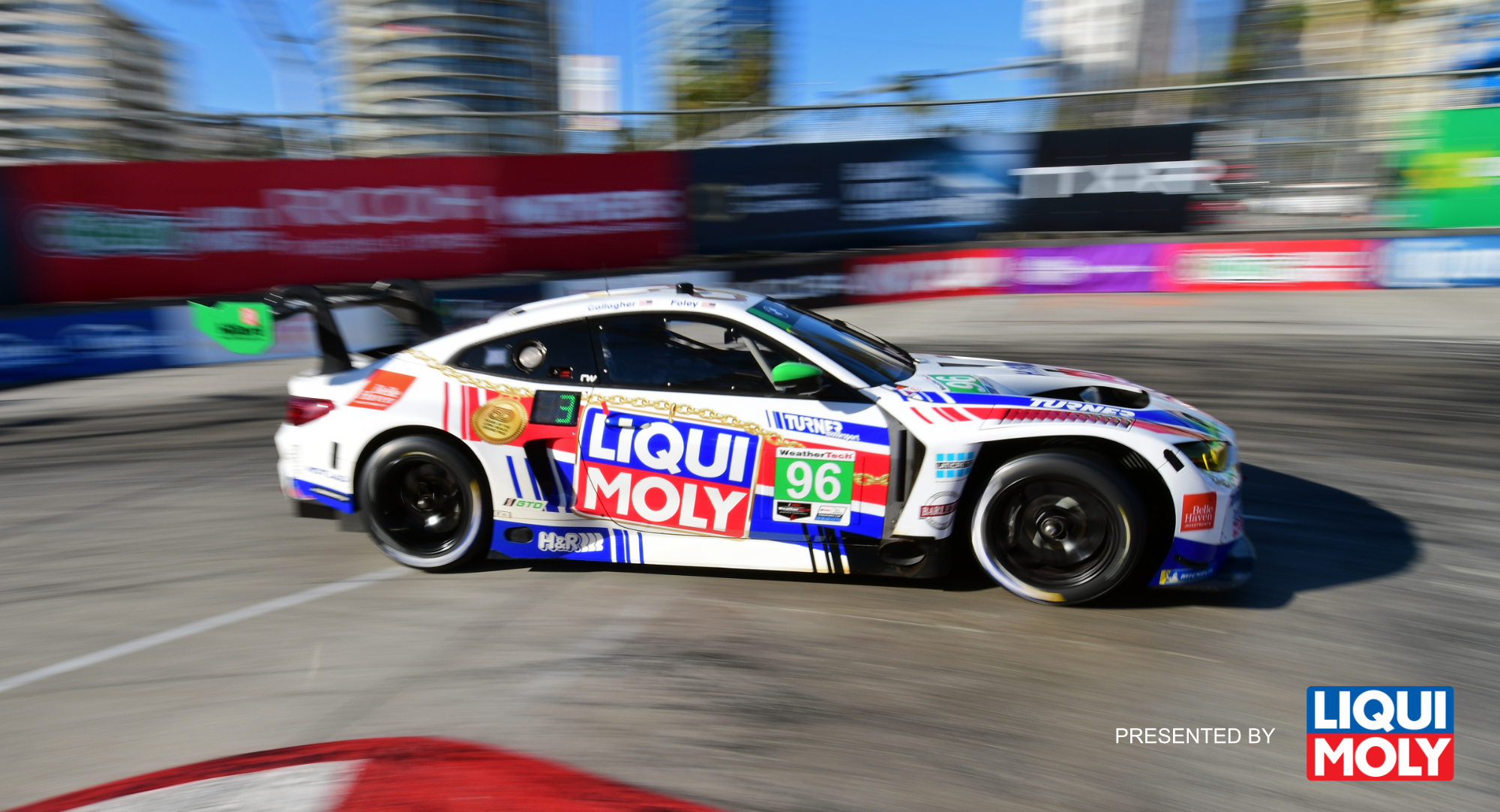It’s the holidays—and while it’s fun shopping for loved ones, sometimes you have to treat yourself, too, which is exactly what BMW did—with a cool $450,000,000. This pricey present was less of a gift and more of an investment, however, for BMW’s highly-anticipated iNext program. Set to officially debut in 2021, with a full electrified lineup seeing completion by 2023, iNext is planned to take over production real estate from BMW’s combustion models, an operation that has prompted many BMW production plants to adapt, and rather quickly.
In order to accommodate for what is anticipated to be historic demand for electrified vehicles, BMW’s facilities are undergoing quite the transformation. One such plant is Dingolfing, which is considered one of the crown jewels in the BMW’s global manufacturing network. The thriving facility already has the responsibility of plug-in hybrid and combustion vehicle assembly, but will soon see their tasks tripled upon the addition of iNext production.
The Dingolfing plant, a veteran facility that also assembles the likes of the new M8 and current M5, has been a pioneer plant for BMW for years, and one of its most efficient and adaptable assembly centers to date. The factory’s incredible affinity for learning and implementing new technology has led it to produce flexible production lines, capable of assembling all combustion, plug-in hybrid, and now all-electric variants of the entire BMW model portfolio made there. While Dingolfing will certainly be seeing the bisection of its production lines once again upon the addition of iNext manufacturing technology, the new electrified lineup is not the only new piece of technology to cross the line.
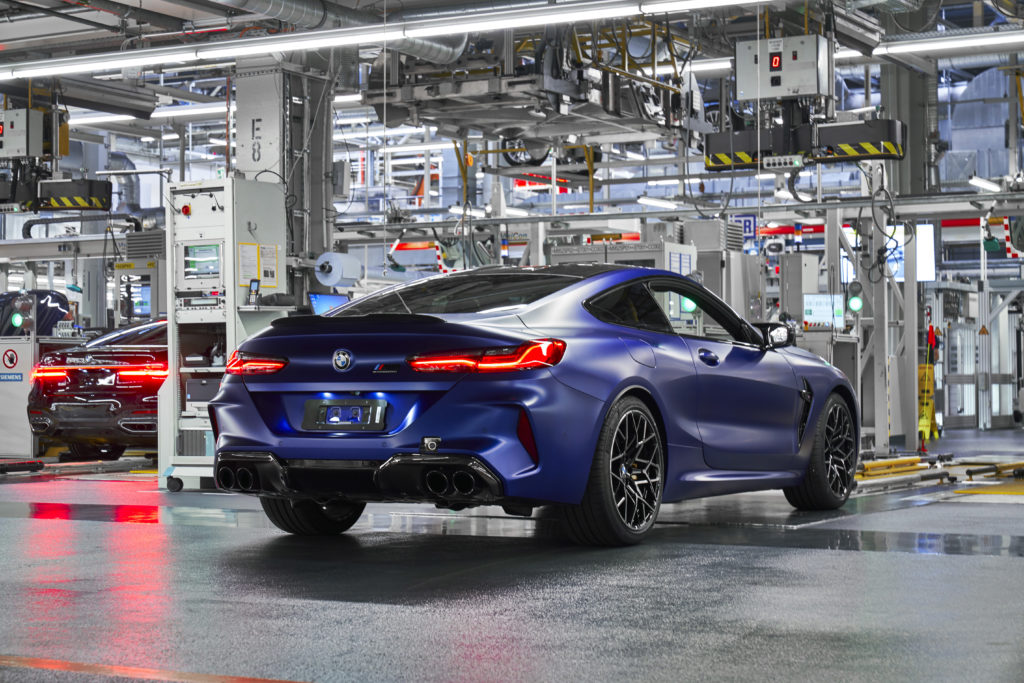
The new M8 Competition, which will utilize some of the same production lines as the new iNext vehicles.
While pioneering electromobility has been a focus for BMW for some time now, it seems as though their vision extends even further into the future, where autonomous vehicle technology is prevalent, and marketable. The $450 million-dollar renovation meant to integrate new iNext manufacturing technology will also house new autonomous engineering as well, says Plant Director Christoph Schröder. The renovations, which include a re-mapping of an entire body-shop portion of the plant to accommodate the new demand for iNext, will also set aside functionalities like new battery, high-voltage cable, and high-performance computer testing stations especially designed for all-electric and autonomous models.
The body shop, which already uses a large supply of aluminum, steel, and carbon-fiber reinforced plastics (CFRP), will continue to utilize BMW’s developed lightweight material knowledge for new electric models. Partial restructuring of the entire facility was also necessary in order to adapt to the new demand, which meant construction work on the three-story annex, which began in 2018, will continue until the needs of the plant have been met. While some of the electric vehicles may share some assembly lines with the combustion models, like body and drivetrain, the, “marriage” of the different lines within the plant was necessary to increase efficiency and reduce work distribution, both of paramount importance, in the case of the highly-specialized autonomous vehicles. Remarkably different vehicles rolling off the same production line is something BMW is known for though, and a capability other automakers would be fortunate to emulate.
This extensive renovation proves that BMW will continue to be at the forefront of the future, and by taking early initiative with these bold production plans, their efforts may prove very competitive in the next few years as the influence of electrified vehicles on the automotive industry continues to grow. Stefan Schmid, Council Chairman of the Dingolfing plant, believes that BMW’s iNext endeavors mark a momentous milestone for the brand, and that Dingolfing’s involvement in these successes has allowed the brand to reap, “the benefits of having initiated change early on and thinking about future-oriented and competitive employment structures.”
With future plans for alternative-fuel vehicles, and the possibility of electric technology also being democratized to Motorrad, there is no telling what technological limits BMW will attain in the coming years—but we do know that these achievements will likely be revolutionary.—Malia Murphy
[Photos courtesy BMW AG.]

